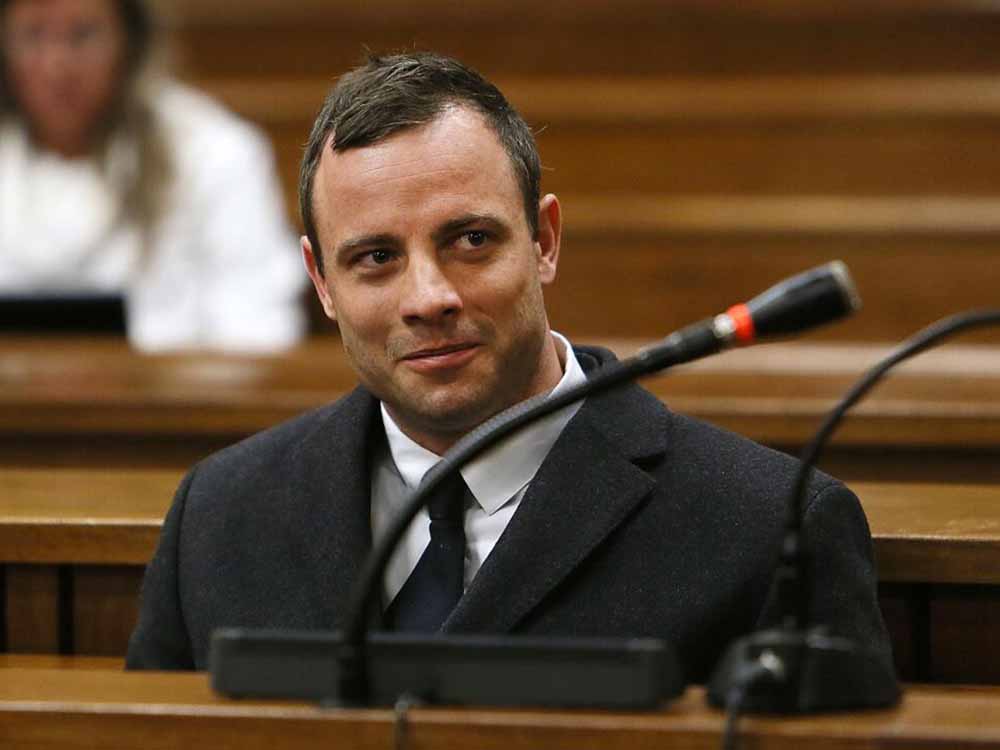The Oscar Pistorius Trial of 2014: A High-Profile Legal Saga
The year 2014 witnessed one of the most closely watched trials in recent memory—the trial of Oscar Pistorius, the South African Paralympic and Olympic athlete, for the fatal shooting of his girlfriend, Reeva Steenkamp. This article delves into the trial’s background, key moments, verdict, and the broader societal impact of this tragic case.
The Tragic Shooting of Reeva Steenkamp
On Valentine’s Day 2013, Reeva Steenkamp was tragically shot and killed in Oscar Pistorius’s home. Pistorius claimed that he mistook her for an intruder and fired in self-defense, while the prosecution argued it was a premeditated murder.
The Trial and Legal Drama
The trial, which began in March 2014, captured global attention as it unfolded in Pretoria, South Africa. It featured intense courtroom drama, emotional testimonies, and rigorous cross-examinations. Both the defense and prosecution presented their cases, scrutinizing evidence and witnesses.
The Verdict and Sentencing
In September 2014, Judge Thokozile Masipa delivered her verdict, finding Pistorius not guilty of murder but guilty of culpable homicide, a lesser charge. The verdict sparked debates about the South African legal system and self-defense laws. In October 2014, Pistorius received a five-year prison sentence.
Societal Impact and Ongoing Controversy
The Oscar Pistorius trial raised significant questions about celebrity justice, domestic violence, and gun ownership. It also ignited conversations about disability rights and perceptions of athletes with disabilities. The case continues to be a subject of interest and controversy worldwide.
In conclusion, the Oscar Pistorius trial of 2014 was a gripping legal drama that captivated global audiences. It left a lasting impact on discussions surrounding crime, justice, and the complexities of high-profile trials.











